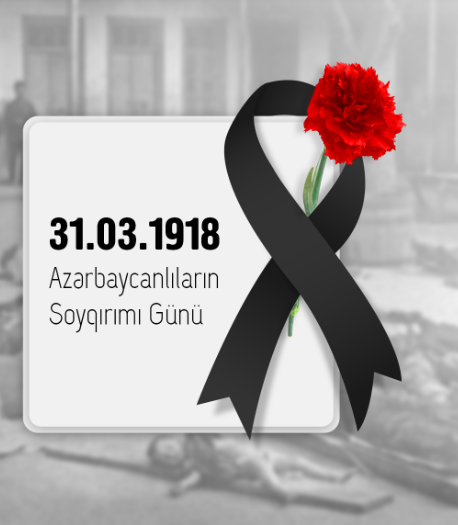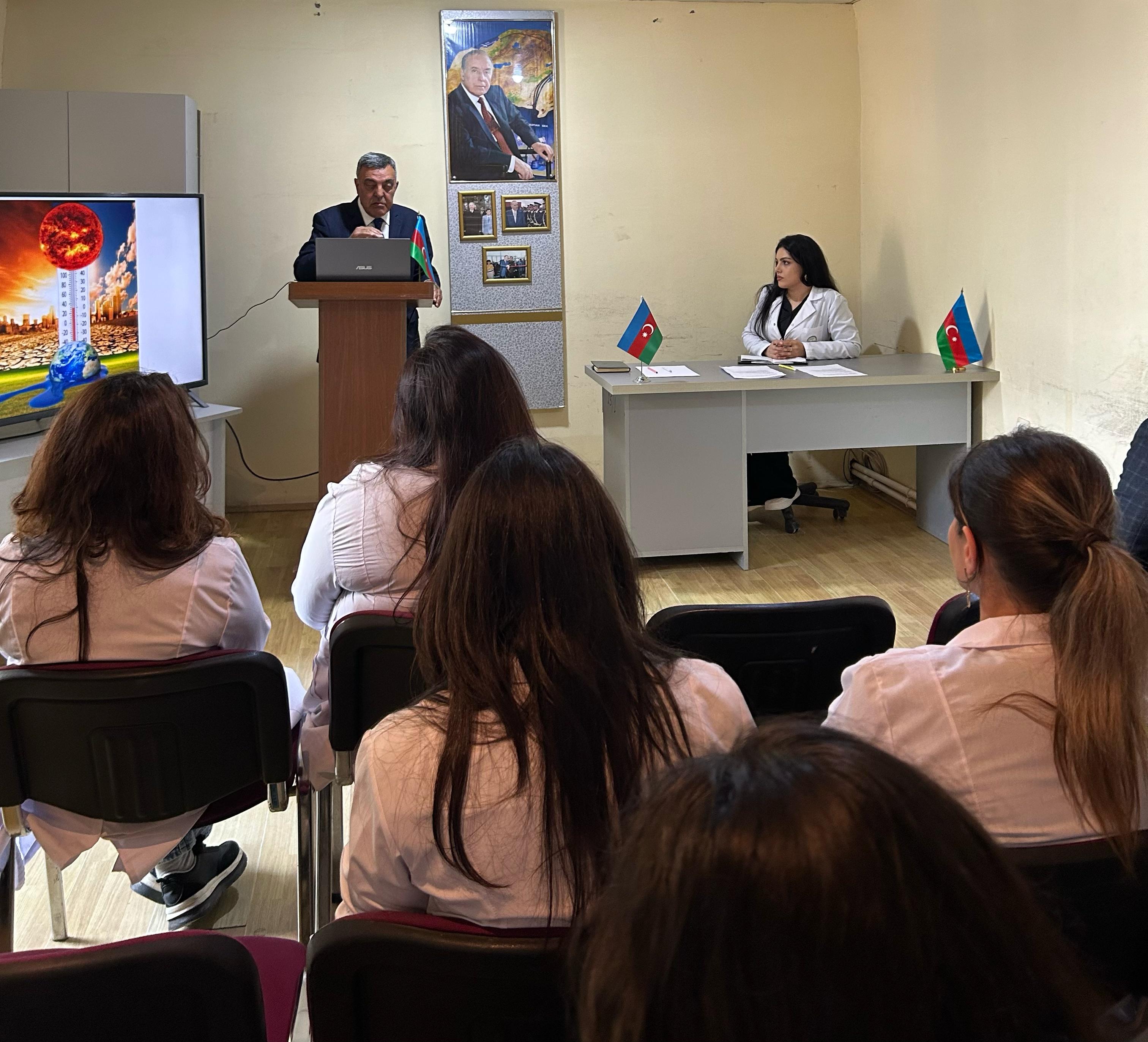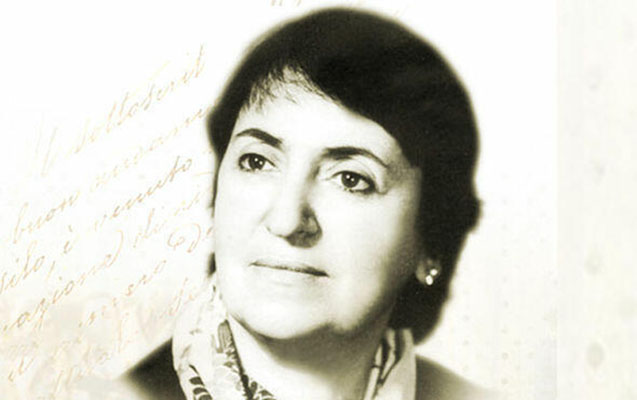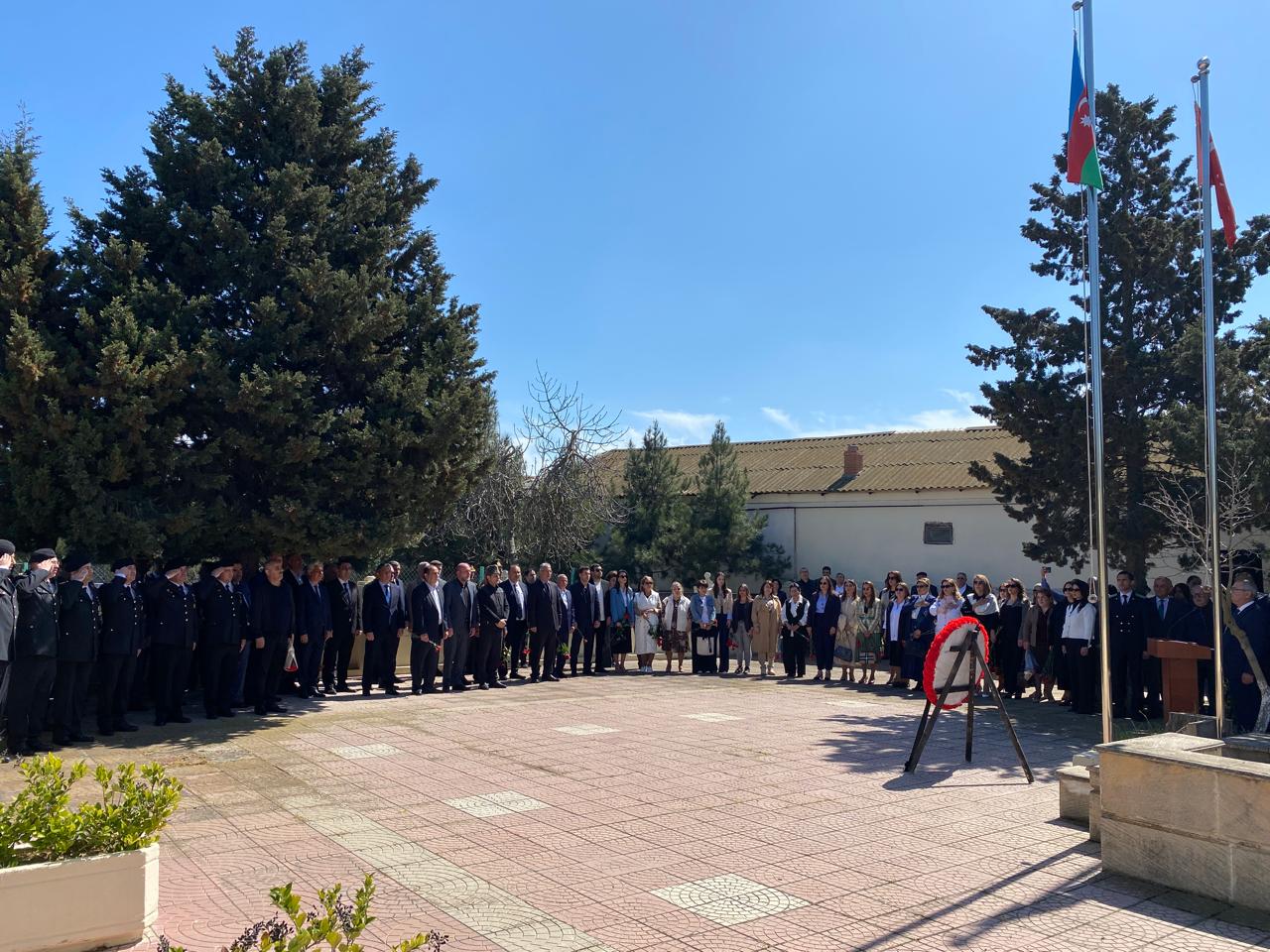106 years have passed since the on 31 March genocide comitted against Azerbaijanis
Today is the next anniversary of the Armenia’s genocide against Azerbaijanis together with the Bolsheviks. 106 years have passed since the accidents of Bloody March.
Armenian nationalists who claimed to create "Great Armenia" have carried out bloody massacres against Azerbaijanis from time to time.
After the February and October revolutions of 1917 in Russia, chaos reigned in the region. The Armenians, who abused this, wanted to expel the Azerbaijanis from their ancient homeland and take possession of new territories.
From March 1918, the Armenians began to implement their nefarious plans.
In those days, tens of thousands of civilians were killed in Baku, as well as in Shamakhi, Guba and other cities and towns, precisely because of their ethnic and religious affiliation, settlements were destroyed, cultural monuments, mosques and cemeteries were razed to the ground. In the following periods, mass murders, looting and ethnic cleansing were carried out in Karabakh, Zangezur, Nakhchivan, Shirvan, Iravan and other districts.
The first political price for the infamous deeds of the Armenians was given during the period of the Azerbaijan Democratic Republic. After the establishment of the Republic, special attention was paid to the events of March 1918, and the Council of Ministers on 15 July decided to establish an Extraordinary Commission of Inquiry to investigate this tragedy.
The commission investigated the March genocide, the atrocities in Shamakhi at the initial stage, and the serious crimes committed by Armenians in the territory of Yerevan governorate. On 31 March, 1919 and 1920, was twice celebrated as a day of national mourning by the Azerbaijan Democratic Republic.
On 26 March, 1998, President Heydar Aliyev signed a decree "On the Genocide of Azerbaijanis". From that day, on 31 March is celebrated as Genocide Day of Azerbaijanis.
In 2013, the Guba Genocide Memorial Complex was erected in Guba in memory of the Azerbaijanis who died as a result of the massacres carried out by Bolshevik-Armenian armed groups on Azerbaijani lands.
As a result of the research, it was determined that the cemetery was related to the genocide committed by Armenians against the local civilian population in 1918. As a result of the research work, the remains of hundreds of corpses belonging to different age groups were discovered in the cemetery. Along with the Azerbaijanis, representatives of the Lezgi, Jewish, Tat and other ethnic groups living compactly in Guba were mercilessly killed and buried in the cemetery.
Speaking at the opening ceremony of Guba Genocide Memorial Complex, President of Azerbaijan Ilham Aliyev said: "During the Soviet era, of course, these facts were hidden from us because history was distorted. I think this is a great tragedy. Because for many years, the elements who mercilessly committed brutality against our people were presented as heroes in Soviet history, and monuments were erected in their honor.
It was only at the time of independence that we restored true justice. We cleaned our beautiful Baku city of those monuments, and today beautiful parks, including the Coastal Park, have been created in those places. On other hand, history and justice triumphed. We are going back to our history today. We know all the moments of history . The young generation should also know what disasters our people faced in the past."
Even if centuries pass, we will not forget this bloody tragedy that happened to our people. May God have mercy on our martyrs.




